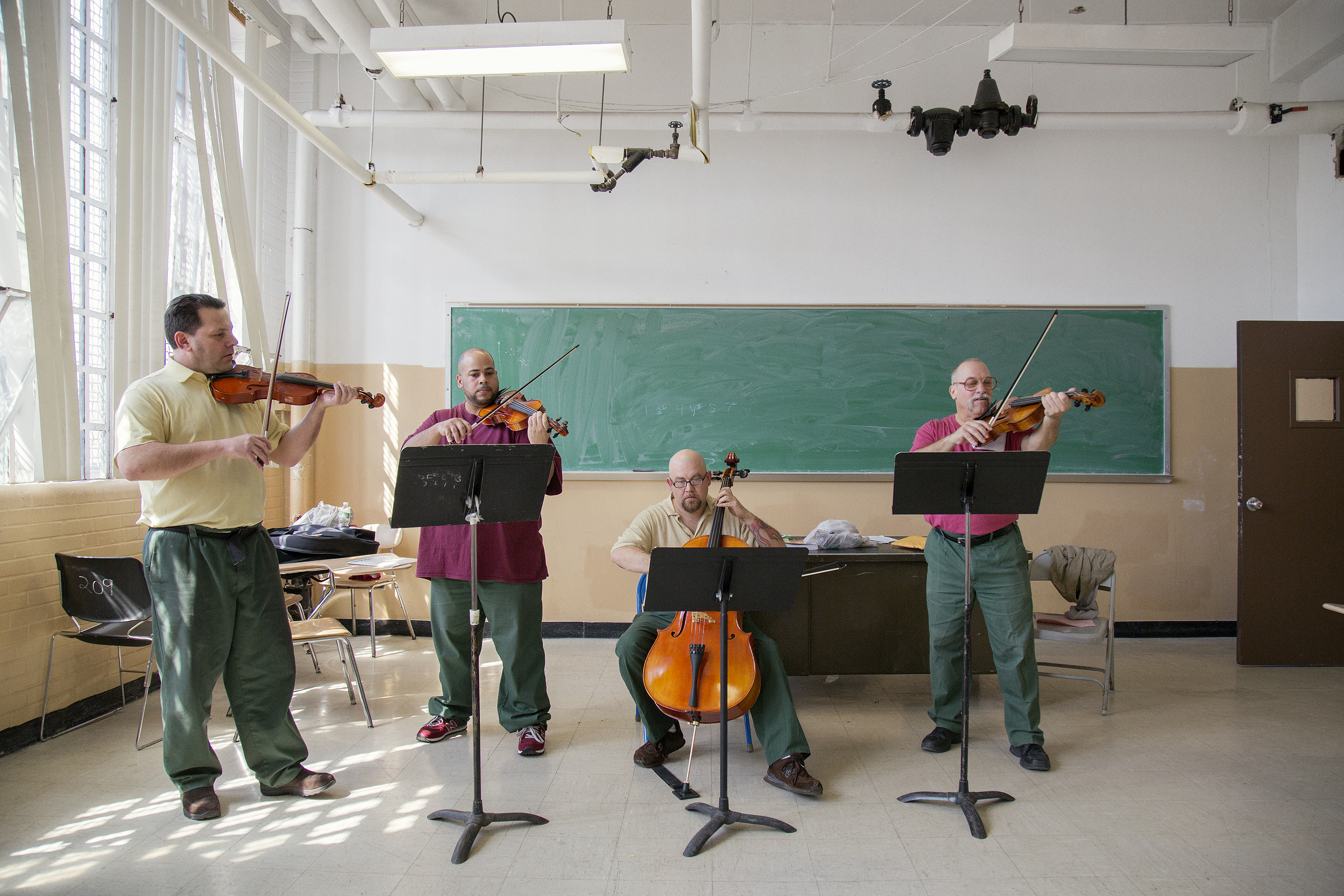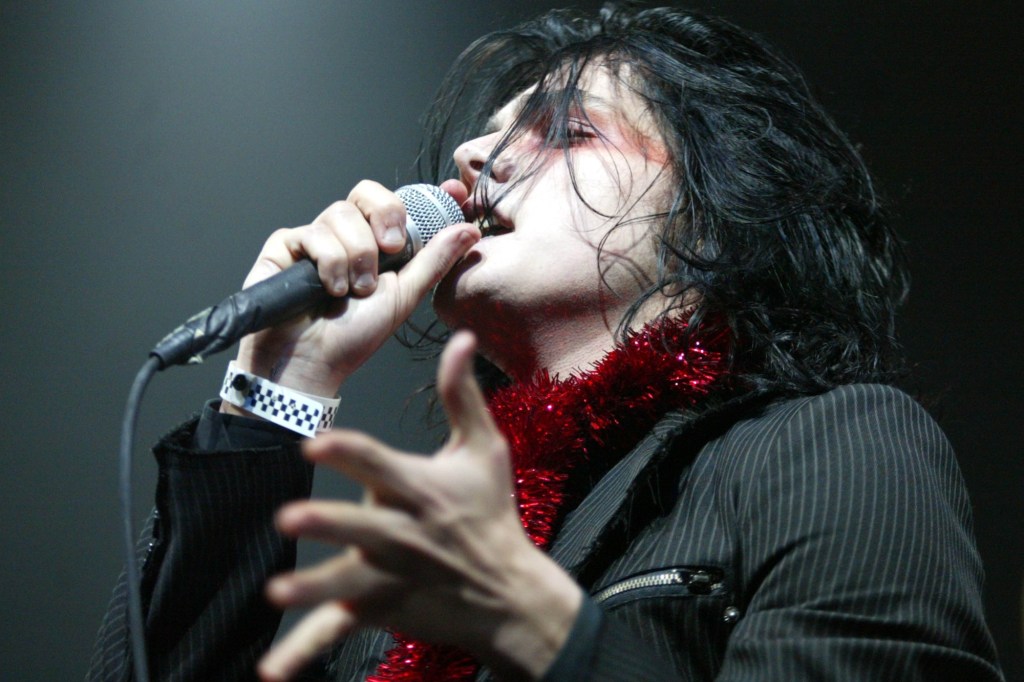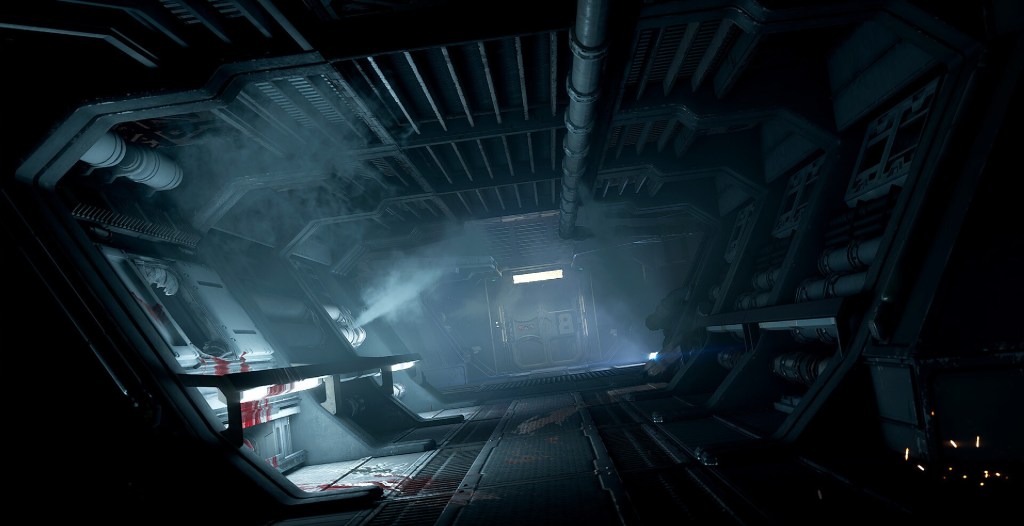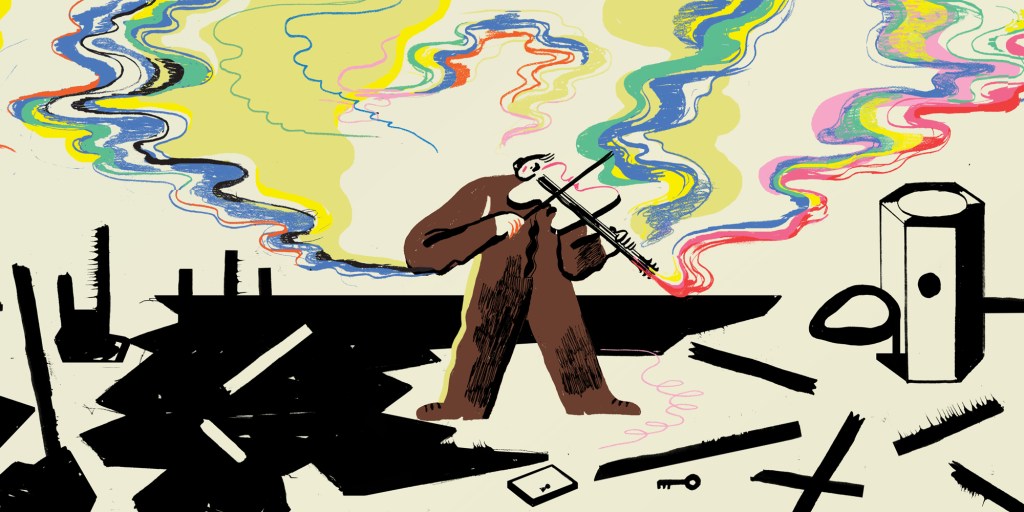This article was published in collaboration with the Marshall Project. Sign up for their newsletter.
First, let me situate you: doors clanging, people yelling, guards barking. The noise in prison is non-stop, and nighttime is often louder than daytime, because at night many inmates cry out, haunted by their trauma.
Videos by VICE
I often felt like joining them. For the first three years, the cacophony in here drove me absolutely bonkers. I walked around like a zombie—neither dead nor alive. I had a long beard and no one to talk to. My hygiene was so bad that a newfound friend counseled me on the importance of keeping my face washed and teeth clean.
Over time, I started to adjust, and my life began to improve. I became a gardener. I saw firsthand how life started as a seed, grew into a plant, and then died off in the fall. I realized that is exactly what happened to me: Part of me had died in those first few years, but I did not see what was next.
I ended up at Sing Sing, a place that offers many educational opportunities for inmates, and I took advantage of them. I enrolled in a theology degree program. I explored my faith. But after a while, I felt stuck in limbo—stuck because I knew a lot about what not to do. I had given up most of my bad habits and examined my heart and mind with help from counselors, both inmates and professionals, but still had no real purpose. Nothing to do.
At the prison there was a program called Musicambia that brings teachers in every week for music theory and performance classes. I went to one of their concerts, and was struck dumb. I saw guys I knew talking and living it up. They seemed whole, put together, genuinely having fun with one another. We, the audience, felt a part of it, too. I thought: I have to get into this program.
But first I needed to learn an instrument. I had played the snare drum for a year as kid in middle school, but the drum was too big for me to haul around. At Sing Sing, you are allowed to practice an instrument in your cell, though, so I asked a friend on the outside to buy me a violin. For $100, she bought a beginner instrument and a book titled “Violin for Dummies.”
I started off absolutely terribly. The best I could do was run certain correctional officers off the gallery with a song that sounded like the whining of a dying cat. One C.O. got hip to my little gimmick and wrote me up for disturbing the count at roll call.
Musicambia came in to Sing Sing every Saturday, and I would spend the six days in between by practicing the lessons they had for us. I began to write little ditties, but mostly I just broke down chords into violin, viola and cello parts. I helped pull together a string ensemble: myself, a lead violinist, a violist, and a cellist. We called ourselves the Riverside Quartet, since Sing Sing is next to the Hudson River.

Then, in October 2015, my father passed away at the ripe age of 95. I was allowed to go to his funeral, but vomited all over the prison van—I had not driven anywhere in a few years, and I was deeply frustrated, nervous, and sad. Because I had to stay in handcuffs and shackles, I could barely move to find my seat at the church, and my family had to shepherd me around. I was tasked with eulogizing him, but stumbled and did a poor job. I was at a loss for words, feeling sad and remorseful for having missed his last days. I was very upset and had no way of expressing it. Back at the prison, I was depressed, staying up late at night, thinking about him.
I got an idea: to commemorate him in song.
A teacher from Musicambia named Elliot Cole instructed me on basic melody writing, how to create chords for the strings to play. To inspire the lyrics, I re-read “The Man With the Blue Guitar,” by Wallace Stevens. I called it, “Ode To My Father John.”
When I first heard it in rehearsal—I composed but did not perform it myself—I cried. The song was played in front of the entire prison population, and Musicambia brought in the famous opera singer Joyce DiDonato to perform it. When she sang the final line—“Goodbye, Dad”—all my angst was carried away into the atmosphere. I realized that I was mourning my father’s death in a healthy way. Others told me they were moved by the song. I felt I had discovered a new talent to explore.
Music is something that comes deep from my soul, a way of communicating that is better for me than talking. In music, the strong emotions of my inner world come out. I feel lighter, not tight and anxious and depressed like I did before. I feel closer to the true me.
Jason Naradzay was paroled in June 2016 after serving 12 years for second-degree attempted murder and first-degree attempted burglary. He is currently a chemical dependency counselor in Syracuse, New York.

More
From VICE
-

(Photo by Matthew Simmons/Getty Images) -

Screenshot: Survios -

Image Credit: Provocshae on TikTok -

Screenshot: Shaun Cichacki
